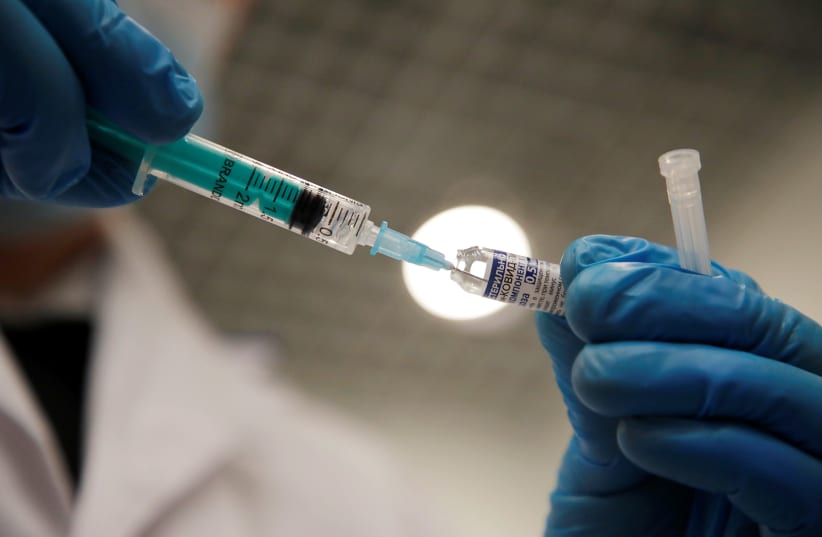Morocco is set to obtain 1 million doses of the AstraZeneca vaccine on February 25 and is scheduled to obtain 13 million more by the beginning of April, mostly from China.
The Egyptian government announced on February 24 that it had granted emergency use authorization to the Russian vaccine Sputnik V and the AstraZeneca vaccine manufactured in South Korea. This doubles the number of vaccine types that can be used in the country. Cairo had already approved the Chinese Sinopharm vaccine and the AstraZeneca vaccine from India.
Lebanon’s vaccination campaign began less than two weeks ago and is already facing controversy. Eleven legislators received the vaccination, even though they did not meet the inoculation criterion stipulating that recipients be 75 years of age or older.
As a result, the World Bank threatened on February 23 that it might curtail funding for Lebanon’s vaccination efforts, set at $34 million dollars.
Meanwhile, Israel’s Prime Minister Binyamin Netanyahu announced on February 25 that he would make an official visit to Bahrain when coronavirus travel curbs eased, on the behest of Crown Prince Salman bin Hamad Al Khalifa.
The prime minister, who stands for re-election in what promises to be a tight race next month, said in a statement that Bahrain was also contemplating joining the list of nations funding a coronavirus vaccine facility in the Jewish state.
In Yemen, however, the spread of the novel coronavirus has taken a turn for the worse. The government warned the country’s medical facilities to be prepared for a “second wave.” Only 50% of Yemen’s health care infrastructure is operational as a result of the ongoing civil war, which began in 2015. On February 24, Aden reported 34 new cases, the most it had documented in seven months.
Here are the latest COVID-19 numbers for the Middle East and North Africa as of 12:30 pm Greenwich Mean Time (UTC±0) on Thursday.
Steven Ganot contributed to this report.
